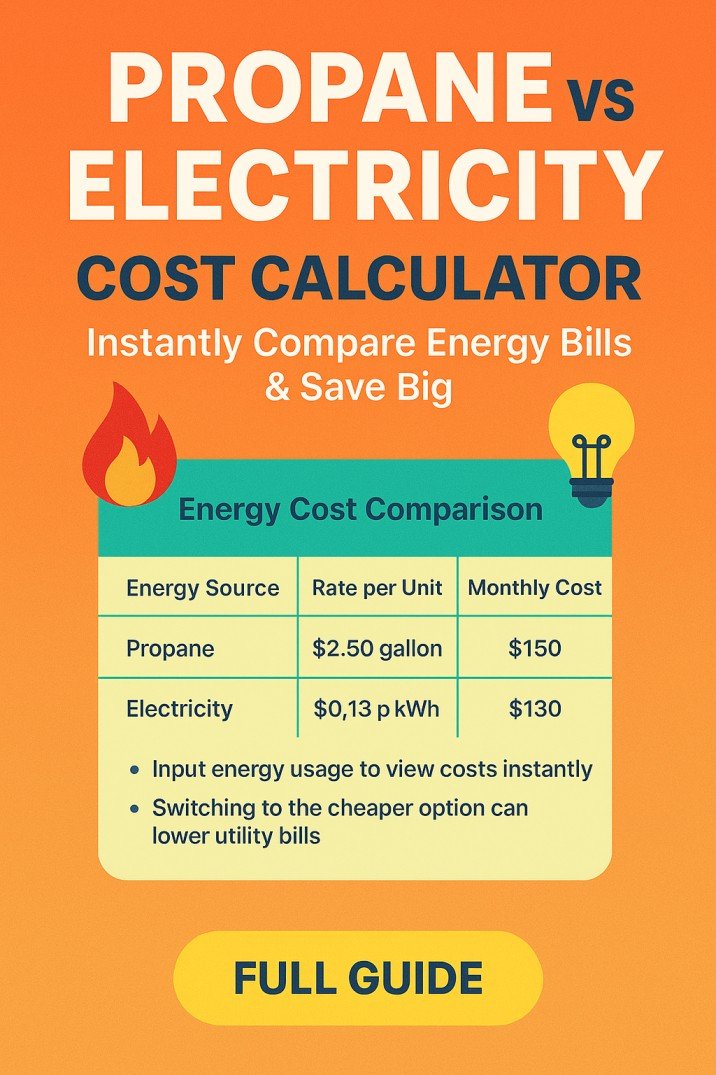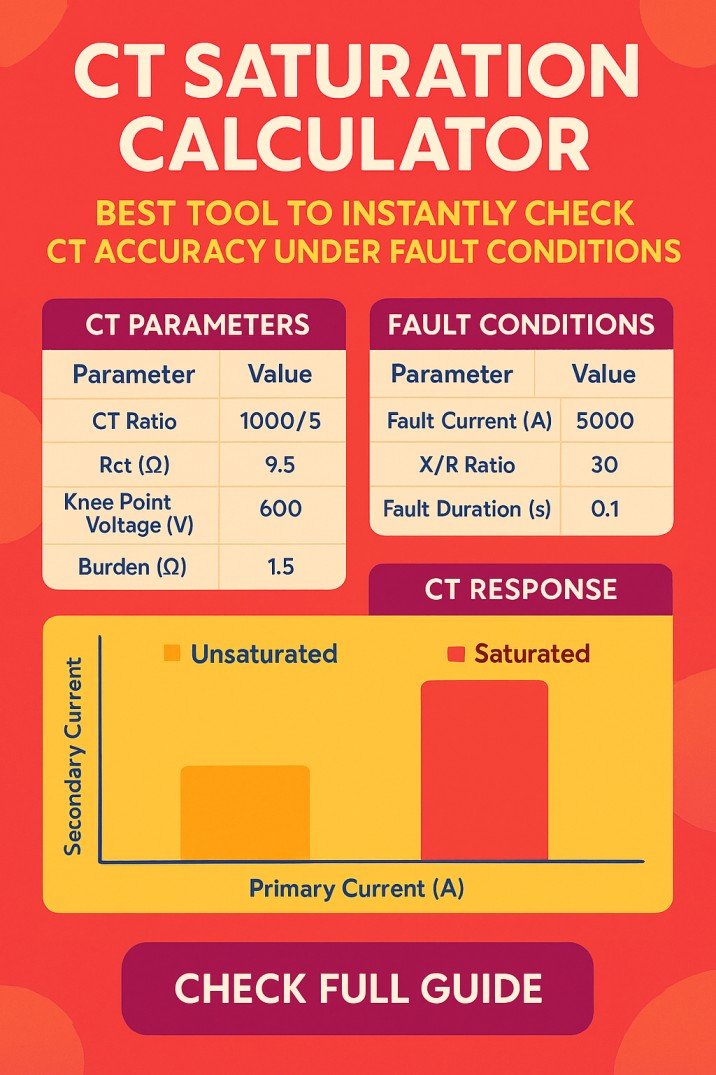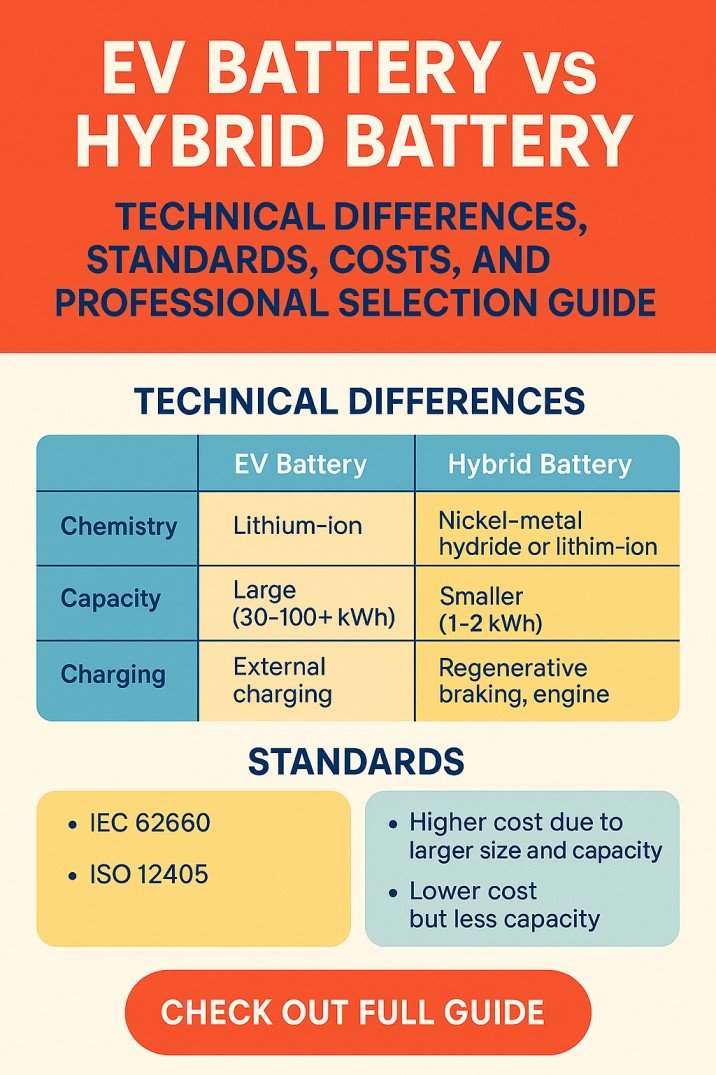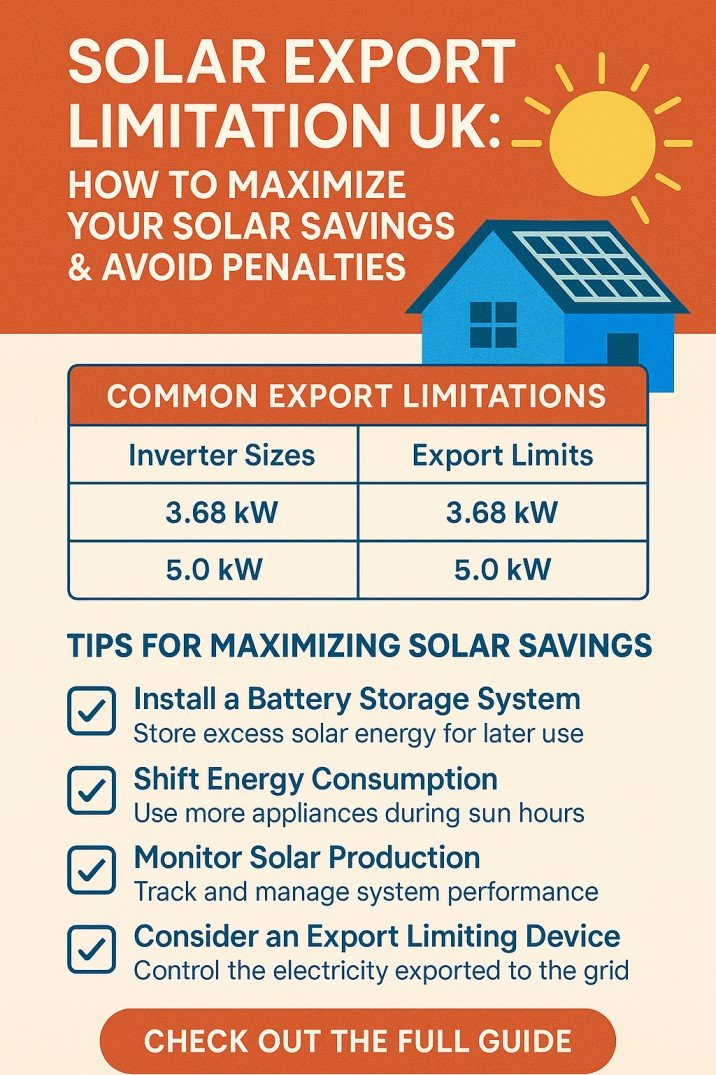Highest Paying Electrical Specializations in the USA & Europe
In both the USA and Europe, specializing in a niche electrical field can significantly increase earning potential. Whether you’re an electrical engineer aiming for a high-level technical role or an electrician looking to move into a specialized trade, the right path can offer impressive salaries, strong job security, and opportunities for career advancement.
Table of Contents
Table of Contents

For those who want to enter these lucrative niches quickly, 6-month electrical programs in USA can be a smart starting point, providing the skills and credentials needed to break into high-demand sectors faster than traditional degree routes.
Top 5 Highest Paying Electrical Specializations in the USA
The U.S. electrical job market rewards specialized expertise, particularly in areas tied to emerging technologies, infrastructure modernization, and energy efficiency.
1. Electrical Power Systems Engineer
- Average Salary: $105,000 – $125,000/year
- Role: Designs and maintains large-scale power generation and distribution systems.
- Industries: Utilities, renewable energy companies, industrial plants.
- Why It Pays Well: Requires deep technical knowledge, compliance expertise, and often involves mission-critical systems.
2. Instrumentation & Control Engineer
- Average Salary: $100,000 – $120,000/year
- Role: Develops and manages automated systems for manufacturing, oil & gas, and pharmaceuticals.
- Industries: Process automation, industrial control, energy.
- Why It Pays Well: Expertise in PLC programming, SCADA systems, and system integration is in high demand.
3. Electrical Project Manager
- Average Salary: $95,000 – $115,000/year
- Role: Oversees large electrical installation projects from design to completion.
- Industries: Construction, commercial real estate, energy projects.
- Why It Pays Well: Combines technical knowledge with leadership and budget management skills.
4. Renewable Energy Electrical Engineer
- Average Salary: $90,000 – $110,000/year
- Role: Designs solar, wind, and battery storage systems.
- Industries: Renewable energy developers, EPC contractors, utility companies.
- Why It Pays Well: Growth of the renewable sector is driving strong demand for specialized engineers.
5. Electrical Safety Consultant
- Average Salary: $85,000 – $105,000/year
- Role: Ensures compliance with OSHA, NFPA, and IEC electrical safety standards.
- Industries: Manufacturing, energy, construction.
- Why It Pays Well: Safety compliance is a legal necessity; failure can lead to costly downtime and penalties.
Top 5 Highest Paying Electrical Specializations in Europe
The European electrical sector reflects the continent’s strong emphasis on sustainability, energy efficiency, and advanced manufacturing.
1. High Voltage (HV) Electrical Engineer
- Average Salary: €70,000 – €95,000/year
- Role: Works with transmission lines, substations, and grid infrastructure.
- Industries: Utility companies, infrastructure contractors.
- Why It Pays Well: Requires specialized safety training and expertise in high-voltage systems.
2. Automation & Robotics Engineer
- Average Salary: €65,000 – €90,000/year
- Role: Designs, installs, and maintains robotic manufacturing lines.
- Industries: Automotive, electronics manufacturing, logistics.
- Why It Pays Well: Automation reduces labor costs and boosts efficiency, making skilled engineers invaluable.
Train for the future with Renewable Energy Electrical Programs in the growing green sector.
3. Offshore Wind Farm Electrical Engineer
- Average Salary: €70,000 – €100,000/year
- Role: Designs and maintains electrical systems for offshore renewable energy projects.
- Industries: Renewable energy, maritime engineering.
- Why It Pays Well: Offshore projects require specialized engineering under challenging conditions.
4. Electrical Design Engineer (BIM & CAD Expert)
- Average Salary: €60,000 – €85,000/year
- Role: Creates detailed electrical plans for complex buildings and industrial systems.
- Industries: Construction, MEP (Mechanical, Electrical, Plumbing) design.
- Why It Pays Well: Expertise in Building Information Modeling (BIM) is rare and highly sought-after.
5. Railway Electrification Engineer
- Average Salary: €65,000 – €90,000/year
- Role: Designs and maintains railway power supply and electrification systems.
- Industries: Transportation, infrastructure.
- Why It Pays Well: Large-scale public transport projects depend on skilled electrical engineers.
Skills Needed for Each Specialization
To succeed in these high-paying electrical jobs, a mix of technical and soft skills is essential.
Technical Skills
- Advanced Circuit Analysis – For designing and troubleshooting complex systems.
- PLC & SCADA Programming – Crucial for automation and industrial control roles.
- Electrical Codes & Standards Knowledge – NEC, IEC, NFPA, OSHA compliance.
- High Voltage Safety – Specialized PPE and work procedures.
- CAD & BIM Software – For detailed design and planning.
Soft Skills
- Project Management – Budgeting, scheduling, and team coordination.
- Problem-Solving – Quickly diagnosing and resolving technical issues.
- Communication – Clear reporting and client interaction.
- Adaptability – Adjusting to new technologies and regulations.
Advance your career through Electrical Engineering Short Courses for High-Paying Roles in competitive industries.
Pay Comparison Table – USA vs. Europe
| Specialization | USA Avg. Salary (USD) | Europe Avg. Salary (EUR) |
|---|---|---|
| Electrical Power Systems Engineer | $105k – $125k | €70k – €95k |
| Instrumentation & Control Engineer | $100k – $120k | €65k – €90k |
| Electrical Project Manager | $95k – $115k | €60k – €85k |
| Renewable Energy Electrical Engineer | $90k – $110k | €70k – €100k |
| Electrical Safety Consultant | $85k – $105k | €60k – €80k |
| High Voltage Electrical Engineer | $110k+ (specialized) | €70k – €95k |
| Automation & Robotics Engineer | $95k – $115k | €65k – €90k |
| Offshore Wind Farm Electrical Engineer | $90k – $110k | €70k – €100k |
| Electrical Design Engineer (BIM & CAD) | $85k – $100k | €60k – €85k |
| Railway Electrification Engineer | $85k – $95k | €65k – €90k |
Career Advice to Break into High-Paying Fields
- Get Certified in a Niche
Specialized credentials like Certified Energy Manager (CEM), OSHA Electrical Safety, or PLC Programming can set you apart. - Leverage Short-Term Training Programs
Electrical trade school programs USA can be a faster, cost-effective way to enter specialized roles without a full degree. - Build a Portfolio
Show employers documented projects, whether from internships, personal builds, or volunteer work. - Stay Current with Technology
Attend workshops, webinars, and industry expos to keep up with smart grid, renewable energy, and automation trends. - Network Strategically
Join professional bodies like IEEE (USA) or IET (Europe) to meet industry leaders and discover job openings early. - Consider International Opportunities
Some high-paying jobs in Europe, especially offshore wind and HV engineering, offer tax benefits and relocation packages.
Conclusion
Specializing within the electrical field can dramatically boost your earning potential. The highest paying electrical jobs often require a blend of advanced technical skills, industry certifications, and hands-on experience.
For those looking to fast-track into these rewarding careers, USA electrician courses with high pay provide an accelerated entry point without the long commitment of a traditional degree. By focusing on in-demand niches and continuously upgrading your skills, you can secure a high-paying role in both the U.S. and European markets.
Follow Us on Social:
Subscribe our Newsletter on Electrical Insights for latest updates from Electrical Engineering Hub
#ElectricalSpecializations, #HighPayingJobs, #ElectricianCareers, #EngineeringJobs, #ElectricalEngineering, #SkilledTrades, #HighSalaryJobs, #USAJobs, #EuropeJobs, #ElectricalJobs, #TopElectricalCareers, #ElectricalTechnician, #CareerGrowth, #ElectricalIndustry, #JobMarketTrends






